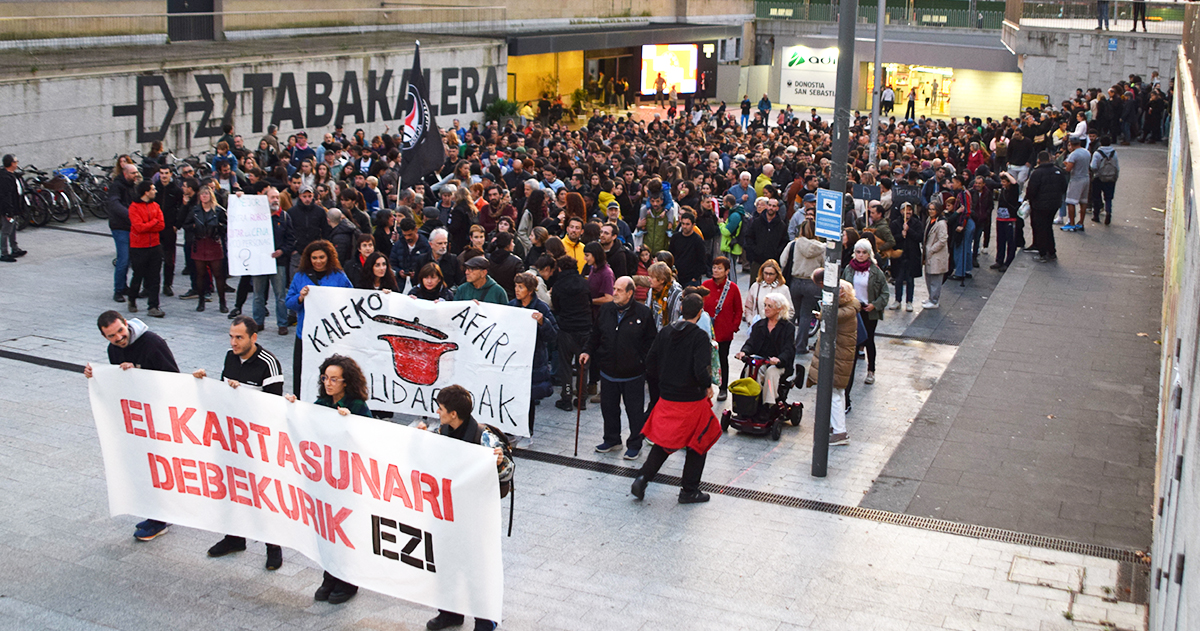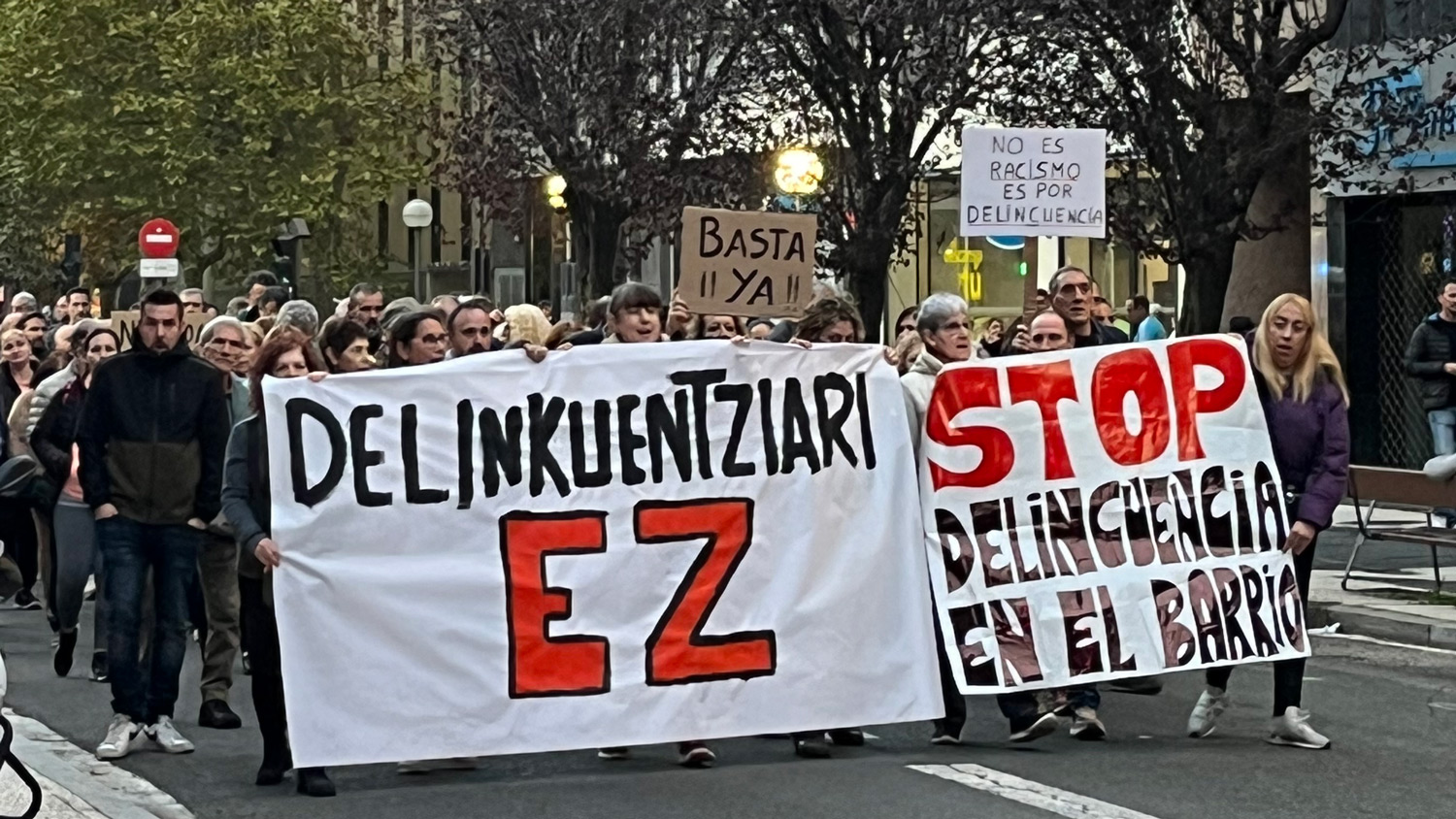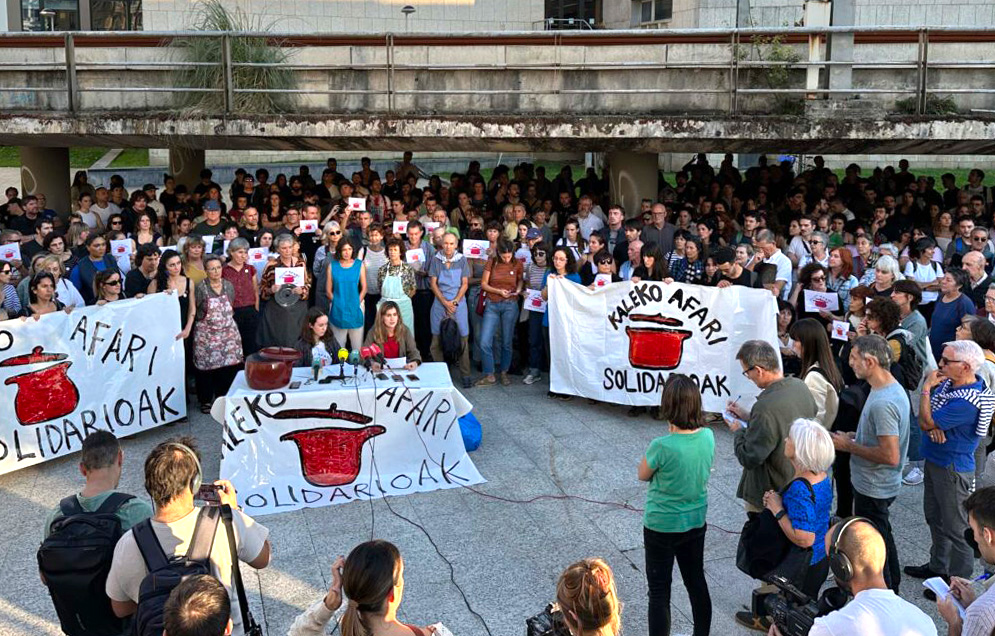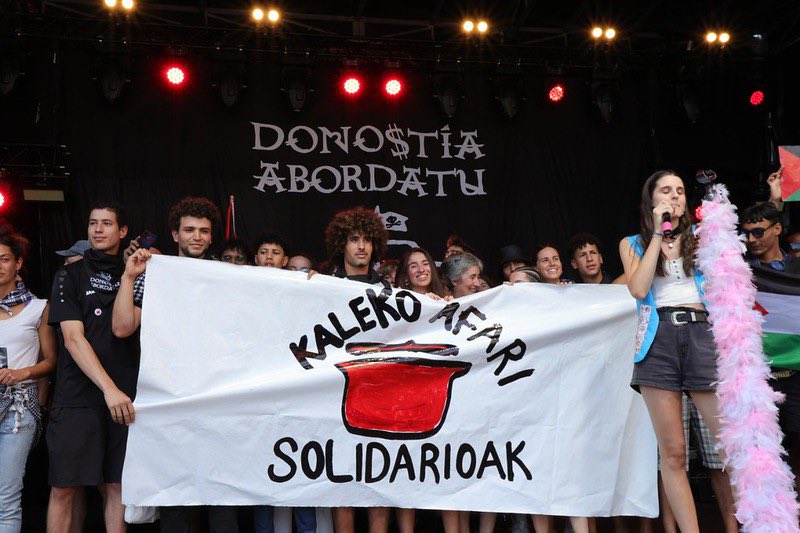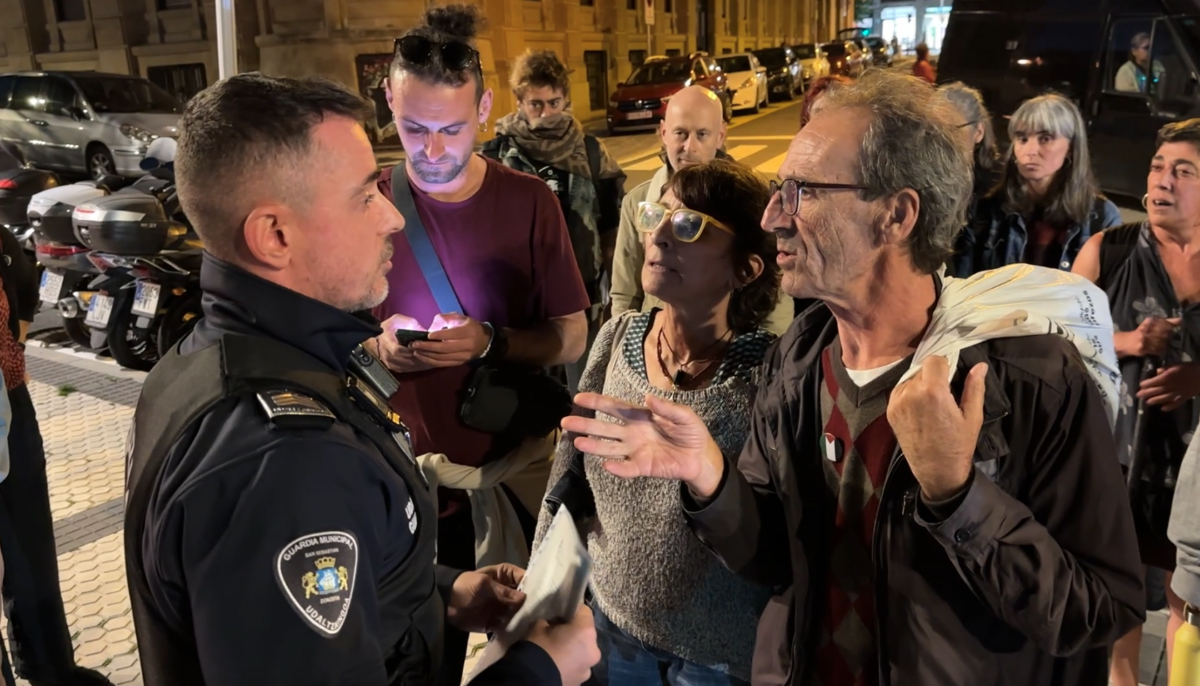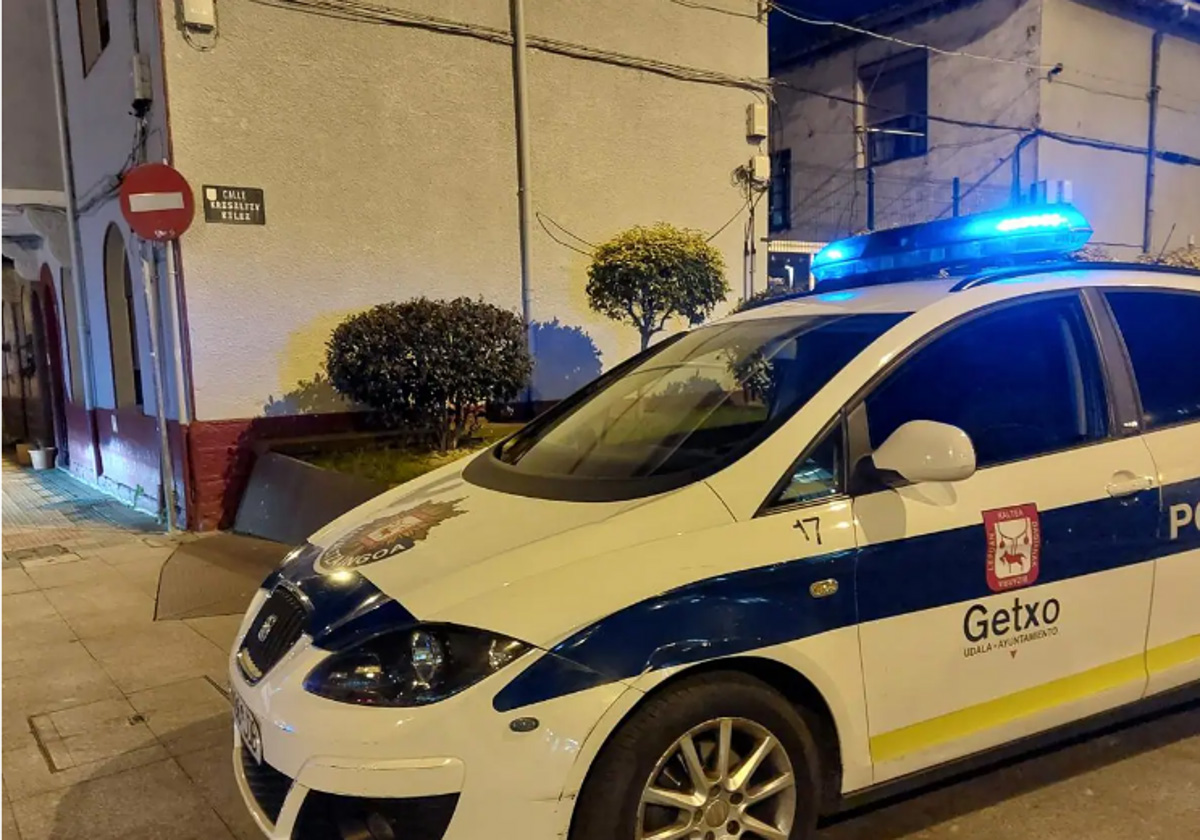"Holistic perspective is fundamental to eradicating racism"
- We have to talk about racism because the problem is systemic and is not diminishing. To this end, a number of people have met with this oppression and published the book 11 Brefs essais contre le racisme, pour une lutte systems èmique (11 short attempts against racism and for a systemic struggle). They have looked at the different sectors, stressing the imperative need for them to bring changes from area to area. The director of this collective book is Zaazaa.
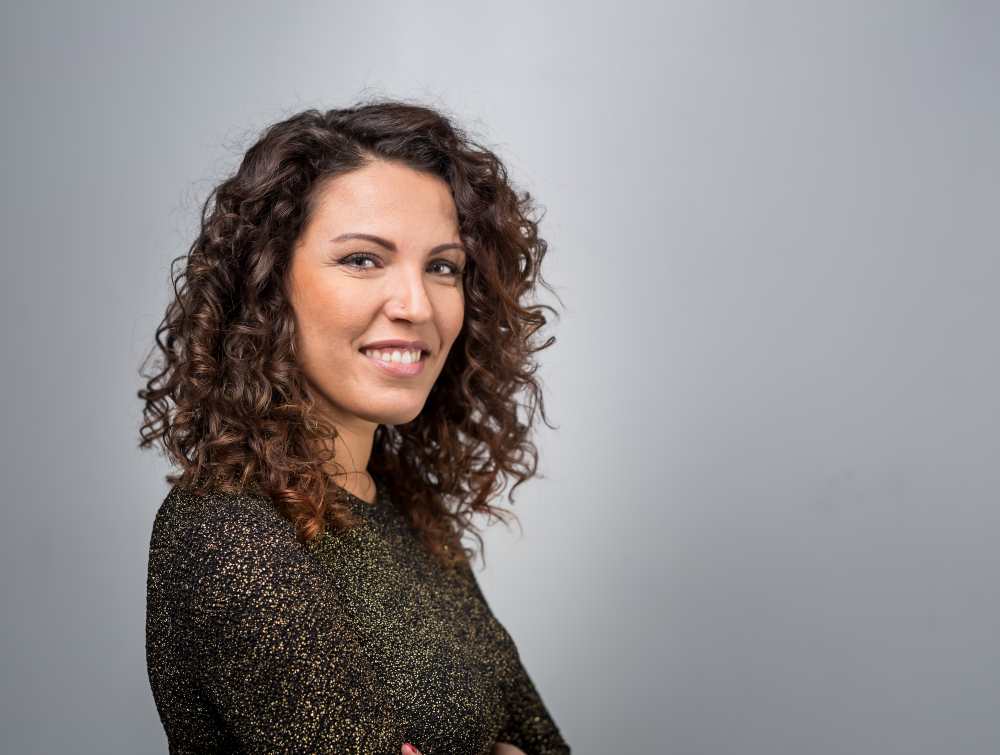
They say that the fight against racism must also be systemic.
The problem of racism cannot be looked at from a single angle. That is why politicians will focus on discrimination in the workplace, for example. It's useless, we'll never solve the problem if we don't look at the whole system and we don't go to the roots. The holistic perspective is fundamental to eradicating racism.
We have the discourse of the defense of identity.
We have a malicious speech. They are framed in that white and monolithic Quebequese identity. It is false, there have always been black here, it is from the time of New France. There were black slaves, and resistance was also there. There has always been a movement denouncing racism. What happens is that they're turning a blind eye, because they don't want to look at the problem in the face. We're in collective amnesia.
Among other things, you have looked at trade unionism. How can a trade union really be anti-racist?
I do not come from the trade unionism, but as Marc-Edouard Joubert explains in his chapter, there is no anti-racist struggle in the trade union movement. If we look at the history of workers' rights, the achievements have been very different depending on rationalisation. He says that representation in power centers is very important. If in these areas they are only white people, the union cannot have any sensitivity or understanding about anti-racist challenges. They invite trade unions to reflect on the inability of people of color to approach high spaces.
In its chapter it refers to the media.
The media reach all homes and the image they project is a serious problem. Some of the people who have crossed with me have made me the first known Muslim; they have a very clear idea, an image or an idea about that community. Mainstream is repeating the media discourse; the basis of systemic racism is built thus, passing through the cognitive sphere. We also need greater representation in the media, in their decision-making spaces, in journalists and in the realities that they publish. They're based on fear, because companies are 100 percent capitalist and they work because that's what brings money. It is a truly dangerous game, because in the medium and long term it carries money threatening the balance of society.

They have a lot of responsibility.
It's terrible. The racist voice is spreading. They sell us as a debate between opinions, but no, they have to be called by their name: those racist voices are intolerance.
It's also critical of the left.
I've developed with the left, we've been in common areas of struggle, whether it's in the fight against poverty or feminism. The truth is that these so-called allies do not usually appear in the struggles against racism. It's dangerous, because at a time when the right's speech is getting harder and harder, if the left doesn't move, it leaves the way open to fascism. To those who consider themselves left-wing, I invite them to look at their own nature, and I invite them to reflect on their struggle from intersectionality. Feminist struggle, class struggle and anti-racism, all three of them are united.
How do you see the feminist movement?
If there's one area where things move is feminism. I am a member of the Women's Federation of Quebec and president of the Paroles de Femmes Foundation, which brings together the voices of rationalized and indigenous people. There is more and more plurality in the feminist movement and, of course, it is not without conflict: there are discrepancies between feminists who rely exclusively on gender and those who take into account other systems of oppression. These conflicts are also symptoms of movement transformation, not bad. Feminists are farther away than in other areas of struggle. Intersectionality has been talked about for a long time, and feminist structures are increasingly willing to make this approach a reality. In any case, feminism has always been at the forefront of social movements.
Is the anti-racist struggle healthy?
It's a difficult question. I think you have the answer in the book. It seems that we are not moving forward as a movement, but it is possible to say that the struggle is moving forward, picking up the initiatives that are being taken on all sides. Look, it's because of the militants, because political ambition doesn't suffer at all.
name “I arrived in Quebec five years ago. After college, with fifteen years of work experience, I started looking for work. I couldn't find work, I expressed despair to the Employment Counselor, who followed me for the first two years. “The problem is not your resume, but your name. Change and you will see.” He was from Chile, a migrant as well. I changed my name, and the next week I had work interviews. Then I started military.”
They've brought the megaphone in a hurry and running. This is unacceptable. This cannot be accepted. Let's all scream at once, we can't go on like this. Have you come to your house? Yes, you're right; we applaud you. Next week we will meet here and meet you, yes, sir. And if not,... [+]












